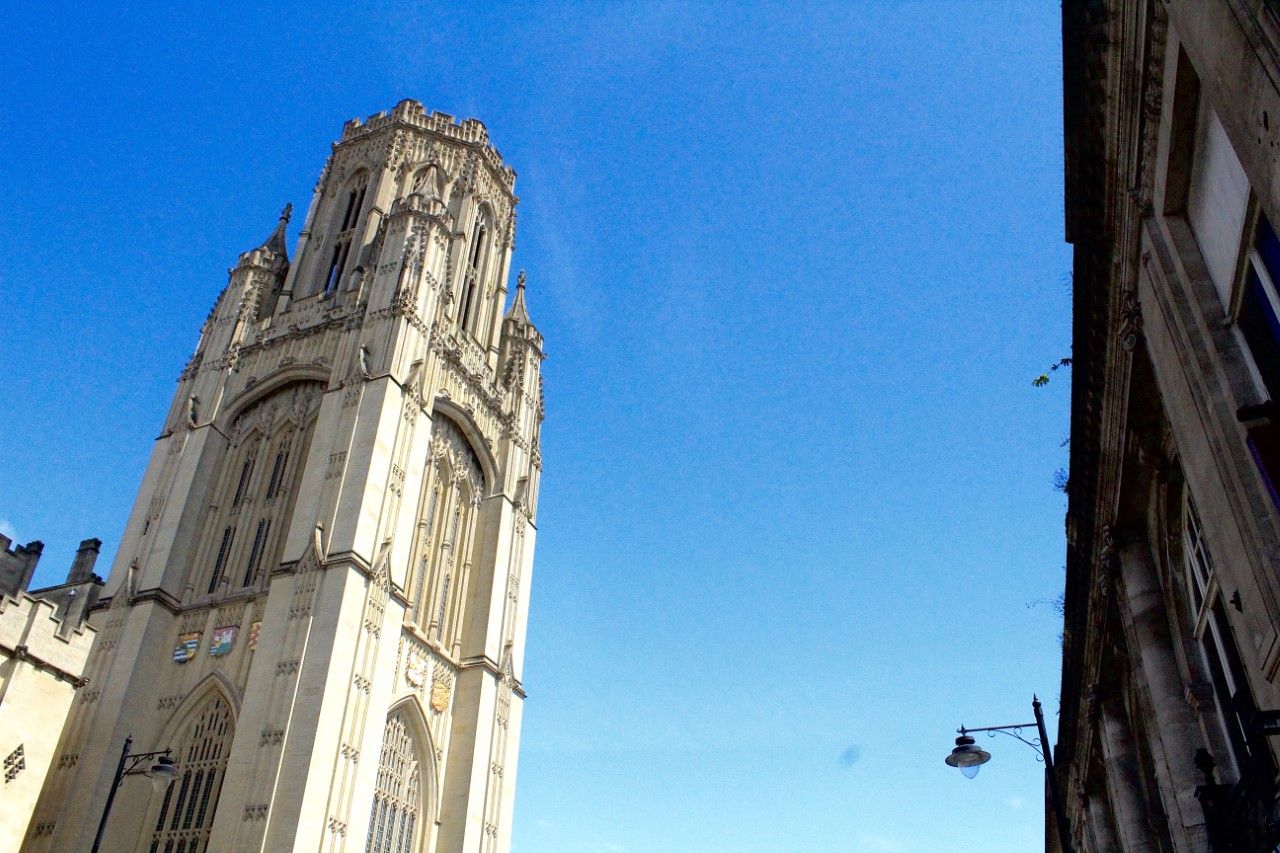By Tia Bahia, BAME Affairs Correspondent
‘The metrics used by The Times are things we are working on which will hopefully see us climb up that league table in the future.’
The University of Bristol was ranked 113th out of 116 universities for social inclusion by The Times in the Good University Guide 2021. The table, which included statistics on state school admissions, per centage of first-generation students, and ethnic minority groups at the University, is based on eight different measures drawn from databases published by HESA, (Higher Education Statistics Agency) and UCAS.
Sarah Jane Kinley, who is part of the University’s Widening Participation Team, works to attract and recruit the best students from a wide range of backgrounds. She explained her team’s aim in working with Black, Asian and mature students who are under-represented at Bristol University.
In relation to The Times ranking, Kinley explained that the team ‘recognise that some of the statistic is saying yes, we still need to do more to recruit students from state schools and from certain widening participation backgrounds, we are not trying to deny that’. She said there have been big improvements over recent years but also acknowledges there is more work to be done.
According to The Times, the percentage point difference between the proportion of 1:1’s and 2:1’s attained by white students and BAME students is -12.9%, meaning BAME students do not achieve these accolades to the same proportion as their white counterparts.
Alex O’Driscoll from the University’s Student Inclusion Team gave his reaction to the low ranking: ‘I think it is important to highlight the successes the University has had in this area’, he explained ‘The BAME awards gap has narrowed in the past year’.
Aside from differences in achievement at the end of their degree, O’Driscoll also said the team is aware that BAME students ‘often don’t have the same sense of belonging in the institution as other students may’.
Temi Awosusi, a third year dental student from Nigerian decent, told Epigram ‘I feel like there are some major issues in terms of social inclusion for black students in various facets of the university. Speaking from my experience when I first came to this university, I felt very isolated in my student accommodation where I was surrounded by people from very similar backgrounds to each other who were clueless about how to relate to black people’.
#GoodUniGuide Which is the best university in the country? Based on nine key measures relevant to student experience, this is the definitive ranking for British universities: https://t.co/LM4iX5dMqG pic.twitter.com/oSh8wfsGob
— The Times (@thetimes) September 18, 2020
The Times reported that the student mix at the University of Bristol was comprised of 17.4% ethnic minority students in 2019, ranking them 77th out of 131 universities for that particular statistic. With this indicating a lack of admission by BAME students, Kinley explained how she and her team have been looking into the reason for this lack of entrance and are working to identify where they can make the most impact in the admissions process.
Speaking on this matter, she said ‘We want to make sure there are more students considering Bristol as an option they might want to apply to’.
Temi Awosusi feels that as well as increasing the representation of BAME individuals in the student population, it is also important to offer adequate support to those students once they arrive; she said ‘I think that the lack of diversity at the university makes integration for black and other ethnic minority students a lot tougher, potentially causing people to miss out on opportunities due to not feeling a sense of belonging’.
Temi expressed that she feels the university offers ‘inadequate support to minority students’ and she is unaware of the services they may provide.
Sarah-Jane Kinley explained some of the achievements she feels the University should be acknowledged for in addressing this issue, pointing out that Bristol University was one of the first universities to introduce contextual offers whereby students are offered lower entry requirements if they qualify for the scheme based on their social circumstances.
Alex O’Driscoll gave insight into the University’s peer support programme which is now offered to minority students by trained and paid student mentors to support them academically and pastorally.
Both Kinley and O'Driscoll told Epigram that they are fully aware that the final goal has not yet been reached. Alex said, ‘The metrics used by The Times are things we are working on which will hopefully see us climb up that league table in the future’.
Featured Image: Epigram / Lucy O'Neill
What do you think the University can do to improve social inclusion?








